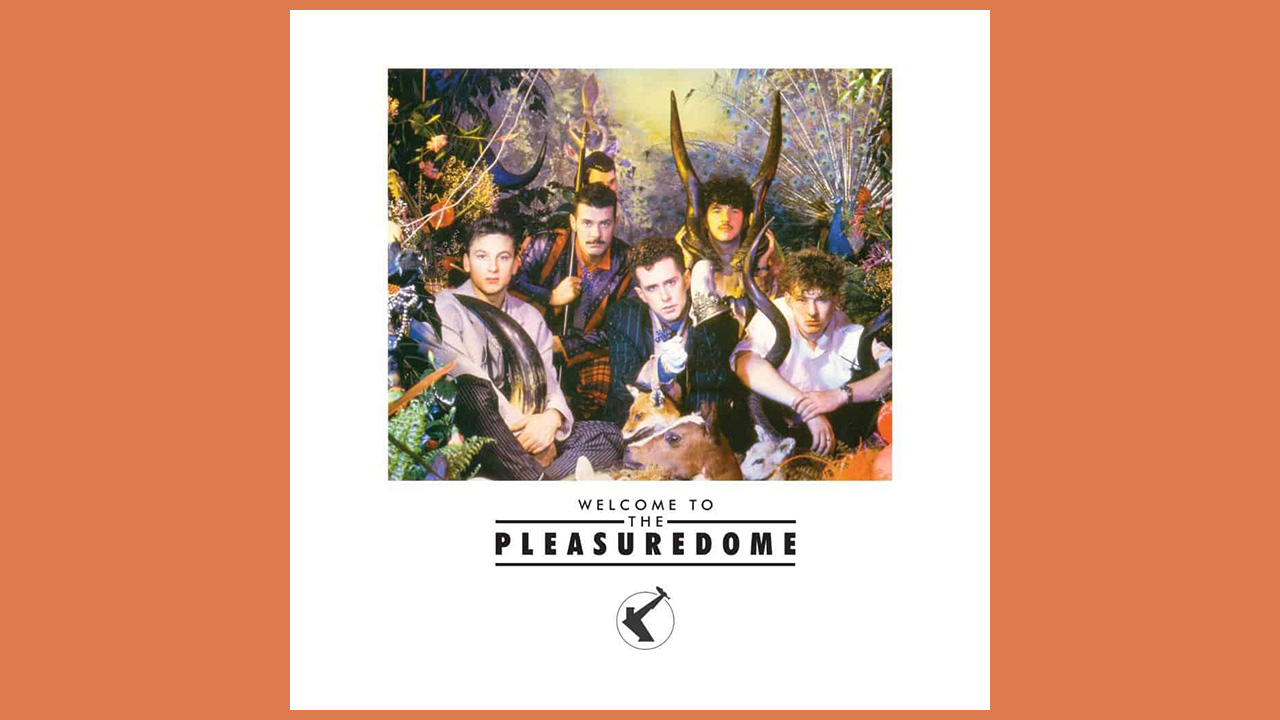
In 2010 Prog looked back at one of the mid-80s’ most ambitious pop albums, and argued that Frankie Goes To Hollywood had really made a prog record in Welcome To The Pleasuredome.
By the early 80s, prog may have been superceded by synthpop and New Romantic – but its influence lingered in the least likely of places.
The 1984 debut album by notorious Liverpudlian five-piece Frankie Goes To Hollywood, who had made their name with sensationalist bursts of three-minute turbocharged technopop about gay sex (Relax) and Armageddon (Two Tribes), didn’t seem like a latterday prog work at the time; but hindsight suggests otherwise.
Take the title, with its allusion to ELP’s ‘Welcome back, my friends, to the show that never ends.’ Frankie matched ELP for pomp, bombast, overambition and grandiosity of execution. Welcome... was a debut double album, proggishly audacious in itself. The packaging was lavish, the sleeve gatefold.
There were also inscrutable sleevenotes from conceptual mastermind Paul Morley – if prog privileged anything, it was arty indecipherability.
It felt like a concept album, with its snippets of dialogue, interjections from Ronald Reagan (on war) and ‘Prince Charles’ (discussing orgasms), and the various orchestral digressions, squelches, tics and bangs enhancing the sense of event.
The epic sound was courtesy of Trevor Horn, who had, of course, been a member of and producer for Yes. It was sheer sonic overload and production overkill across four sides as Horn used everything in his studio arsenal.
At his beck and call were a series of musicians, not just Frankie’s so-called Lads (guitarist Brian Nash, bassist Mark O’Toole and Peter Gill on drums) but a slew of dexterous sessioneers – including Trevor Rabin and Steve Howe, both of Yes – whose virtuoso workouts are all over the album, especially the 13-minute title-track, an extended multi-partite Dionysian odyssey into the hi-tech prog-disco unknown.
Prog references abounded: there was a track called Wish The Lads Were Here; parts sounded like an updated version of the tricksy, brainiac prog-pop of 10cc, which made sense because Horn was a huge fan of Sheet Music (1974) and The Original Soundtrack (1975).
In Horn’s hands, and with his label ZTT, the connection between 70s prog and 80s techno pop would continue.







